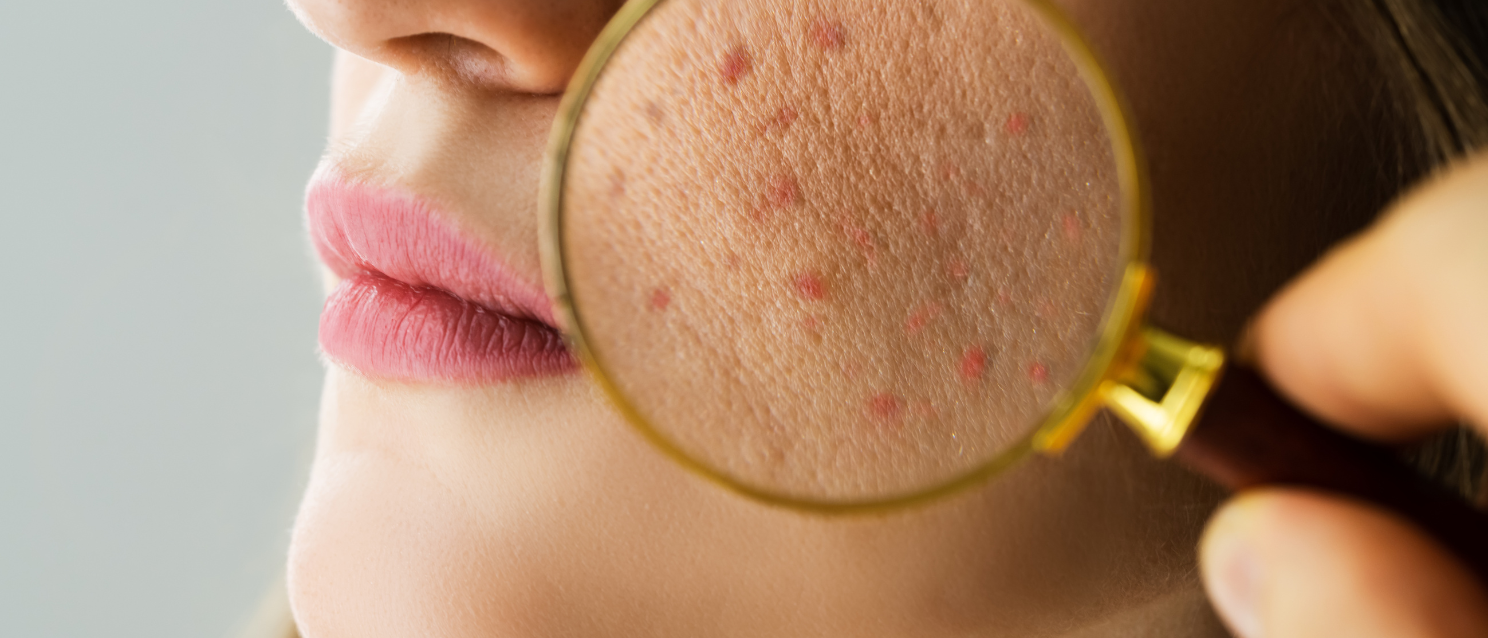Dietary Interventions for Cancer Treatment
When facing a diagnosis of cancer, most people will find themselves in the world of conventional oncology. Then there are the few who want to go down a more natural path and avoid chemotherapy and other drugs at all costs.
In my experience treating 100s of cancer patients, you have the best chance of increasing your odds of successful treatment by taking advantage of the medical treatments available, like chemotherapy and combining this with more natural approaches like supplementation, diet and fasting as well as meditation and other holistic therapies.
Some of these interventions can be detrimental in combination with the chemotherapy or other drugs being taken, so it’s important to work with practitioners that are experienced and knowledgeable.
Dietary Intervention with Methionine Restriction
The many different ways my patients say methionine (meh-thio-neen) never ceases to make me chuckle.
Methionine is a substance that plays a critical role in our metabolism, and health. It is one of eight amino acids that make up the proteins we eat in our diet - the ones that are classified as essential amino acids. Although methionine is an essential amino acid, unlike the other essential amino acids, when deprived long term from the body, the body's cells can recycle other compounds in the body to satisfy any metabolic needs it may have... except, in cancer cells!
How Methionine Restriction Diets Work
Most cancer cells do not have the required enzymes that healthy cells possess that help to satisfy its thirst. This metabolic “chink in the armour” provides a weakness that can be exploited for your benefit!
Where healthy cells have a “Plan B” to fulfill their methionine needs, most cancer cells do not, making cancer cells dependent on dietary methionine – so you restrict methionine, you starve the cancer!
This isn't just theoretical. There is a growing body of evidence indicating that methionine restriction inhibits cancer cell growth and may enhance the efficacy of chemotherapy.
Timing is Everything
The most important aspect of this diet is that it is CYCLED. This diet is not meant to be followed day-in day-out. This is not a lifestyle diet meant to be followed long-term, this is a short-term dietary intervention to get a specific result.
The cycling from a low methionine diet to a high methionine diet is the crucial step that creates an environment that is favourable to killing cancer. That is why we aim for timing of the cycling to link in with your traditional oncology regime (most often chemotherapy, if you are doing it) to enhance the effectiveness of your treatment.
The low methionine diet consists of three phases. A pre-treatment or sensitising phase, a kill phase where the cancer-specific therapies/medicines are applied and finally, a recovery phase.
Most traditional oncology regimes are in the form of fourteen or twenty-one day cycles with only a few days of actual treatment. It is the aligning of these treatment days within what I call the “kill phase” of the dietary intervention, that helps set the scene for a higher kill rate each treatment cycle.
Using this method of cycling from low methionine to high methionine can strengthen your body's ability to fight the cancer, and strengthen the effectiveness of other treatments too.
To find out more about dietary interventions for cancer, including methionine restriction as well as specific foods and supplements, come in and see me at the Perth Natural Medical Clinic.
Edward Enever
Adv.Dip. (Nat)
Eddie Enever is a highly experienced Naturopath with a mission to raise public awareness about the devastating impact that trauma and stress can have on your health, happiness, healing, and your life. Eddie’s special area of interest is cancer and chronic disease, supporting patients to improve the quality of their life through naturopathic interventions, meditation and Cold Stress Resilience Training programs and Compassionate Inquiry Therapy.









